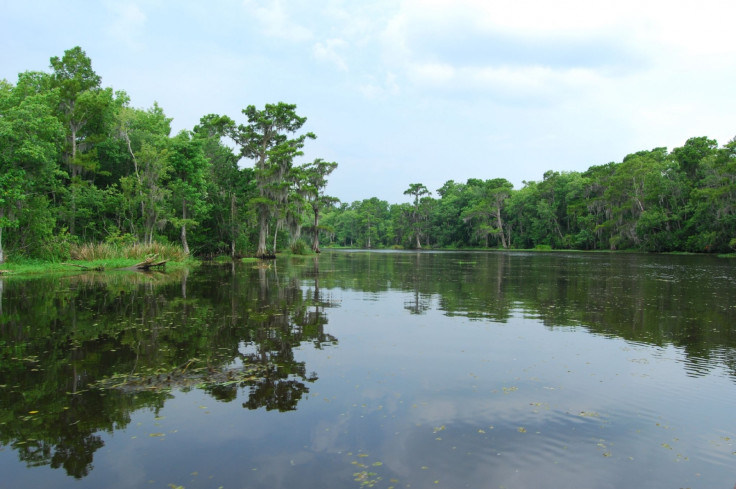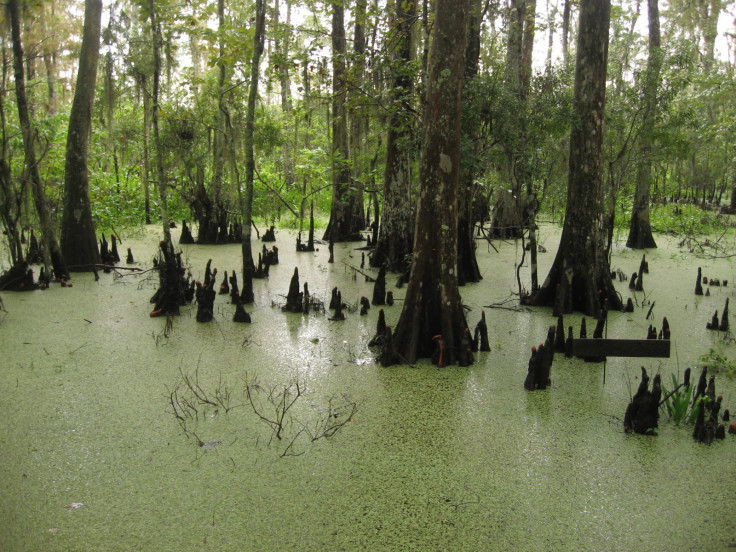Louisiana's swamps will disappear as sea levels rise 4 times faster than world average
Reconstructing embankments on rivers in Louisiana to let sediment leave could ease the problem of the encroaching sea.
Louisiana is rapidly losing its storm-buffering wetlands to the sea due to the combined effects of blocked off river deltas, sinking land and rising sea levels.
About 45% of Louisiana's swamps are on track to become totally submerged if the current trend continues, according to a study published in the journal Nature Communications. The other 65% are also at risk of being lost to the sea, but not so imminently.
Sea levels have been rising due to climate change at a rate of about half an inch a year at Louisiana's coasts forthe past 10 years, satellite data observations of the Gulf of Mexico reveals – four times more than the global average. Natural subsidence, which has been happening for thousands of years in the region, adds an extra challenge as the land sinks.
The final nail in the coffin is that sediment from the Mississippi River has been blocked off. Embankments were built up around the river as urban centres developed in the region in the past centuries. This has prevented the natural replenishing of the land with river sediment, known as vertical accretion.
"But the problem is that rate of vertical accretion has to equal or exceed the rate of sea level rise at that site," study author Torbjörn Törnqvist of Tulane University in Louisiana told IBTimes UK.
Törnqvist and his colleagues mapped a total of 274 sites across the Louisiana wetlands to measure how their environment was changing.
"Many of those sites are still wetlands, but they're losing elevation. They will become open water and will simply disappear."
Areas furthest from the Mississippi Delta were faring the worst, Törnqvist said, with wetlands of the Chenier Plain at greatest risk.
"Especially in the furthest south west part of the state things look very, very bad. Those wetlands are really disappearing rapidly," he said. "In the delta it's better but it's not great. Even in the Mississippi Delta, we have about a third of the sites also in [sediment] deficit. So that's certainly something that's quite worrisome."

As well as losing a unique ecosystem, the wetlands historically have helped to buffer New Orleans from large storms. Less extensive wetlands were a factor in the scale of destruction in the city caused by Hurricane Katrina. However, there are steps that can be taken to tackle the problem.
"What's being discussed now and what will likely happen in coming years is to create openings in the levees along the rivers to let water and sediment back out along the delta to start rebuilding land."
While that strategy is likely to be successful in creating new land eventually, the larger question is how to deal with the long-term trend of rising sea levels.
"Ultimately it's a climate change problem. If we don't address that – and that's a global problem – it's going to be a lost cause and we'll be in very deep trouble."

© Copyright IBTimes 2025. All rights reserved.






















